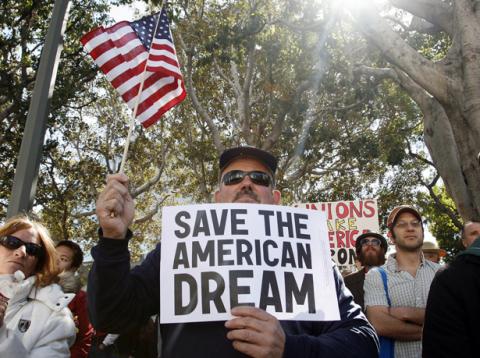Tidbits - July 31, 2014
Portside

Reader Comments - Gaza, Israel, Palestine and the Jewish Community; Water Privatization; Charlie Haden; McDonald's and Low-wage Workers; Portside Book Reviews; Koch Bros.; Universal Soldier; Argentina; HIV; NSA, spying and Saudi Arabia; Public Education; Market Basket Revolt;
Immigration Reform Infographic; new poems by Tom Karlson and Alan Gilbert;
Afro-American Artists to Present Works in Cuba; Sinéad O'Connor: 'I Won't Play in Israel'









Spread the word